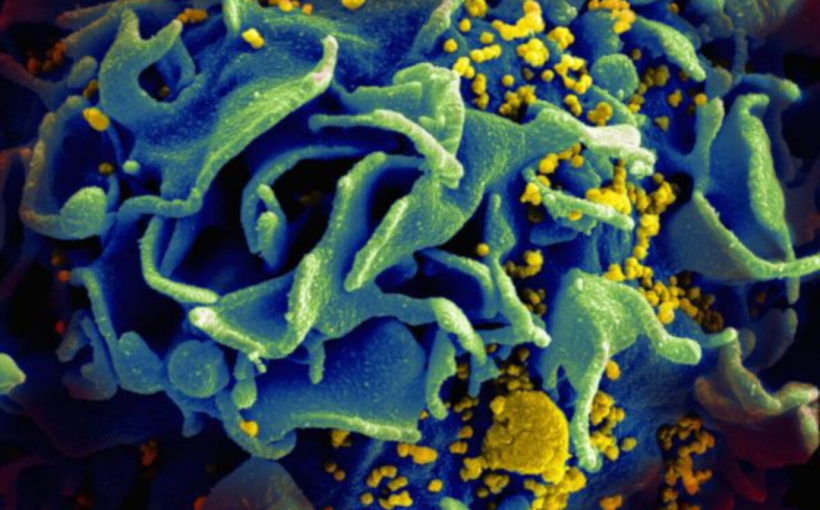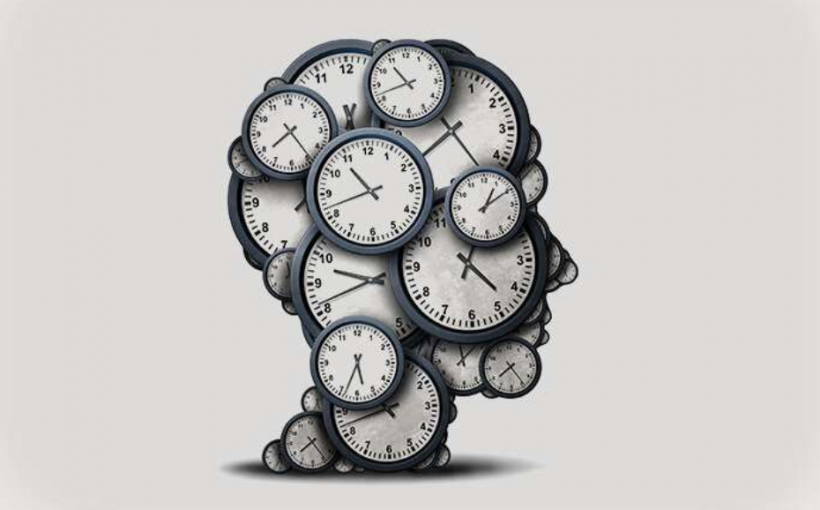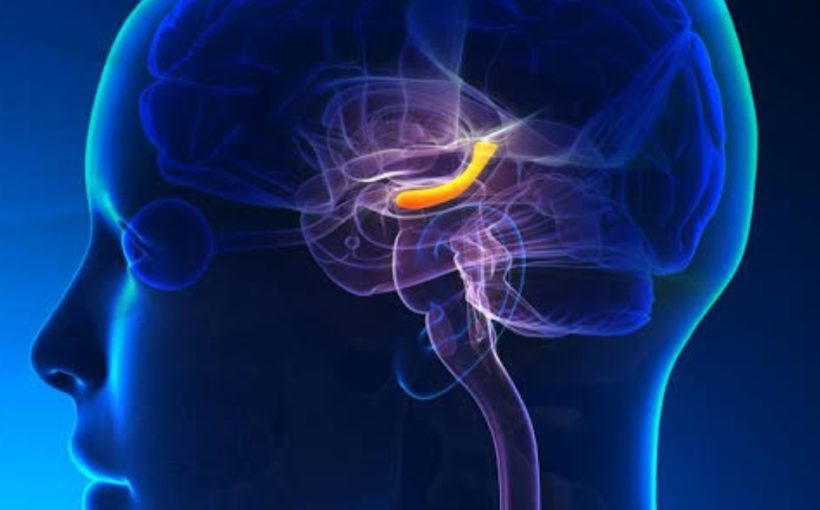In a world that relies on people having smartphones—from work emails to cashless businesses—developing an addiction to your device is

stay healthy…

In a world that relies on people having smartphones—from work emails to cashless businesses—developing an addiction to your device is

Viruses are parasites. The only way they can grow is by hijacking their hosts. When they infect a human host,

A real-world study of over 600,000 adult participants without a history of depression has found that the stop-smoking medication varenicline

Investigators from Brigham and Women’s Hospital have made a potentially exciting discovery by jumping into the abyss of the dark

Some links between our environment and our health are well known; air-quality alerts, for instance, are a regular part of

Century-old theories that having girls or boys ‘runs in families’ have been upended by a University of Queensland study, proving

Exposing teeth to excessive fluoride alters calcium signaling, mitochondrial function, and gene expression in the cells forming tooth enamel—a novel

As the day progresses, the strength of the brain’s global signal fluctuation shows an unexpected decrease, according to a study

Low oxygen levels in the heart have long been known to produce life-threatening arrhythmias, even sudden death. Until now, it

UCLA researchers have found that it is possible to assess a person’s ability to feel empathy by studying their brain